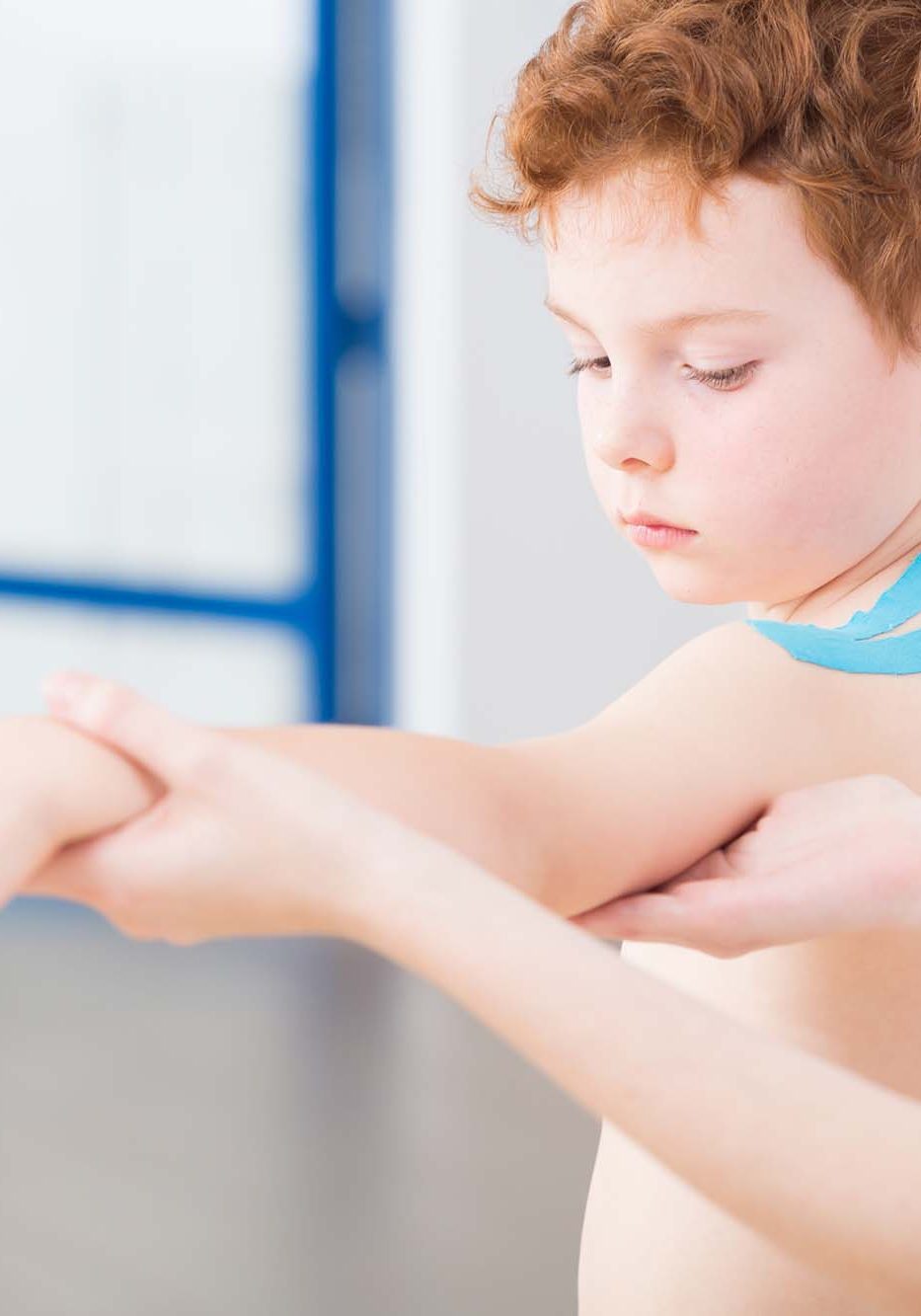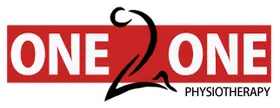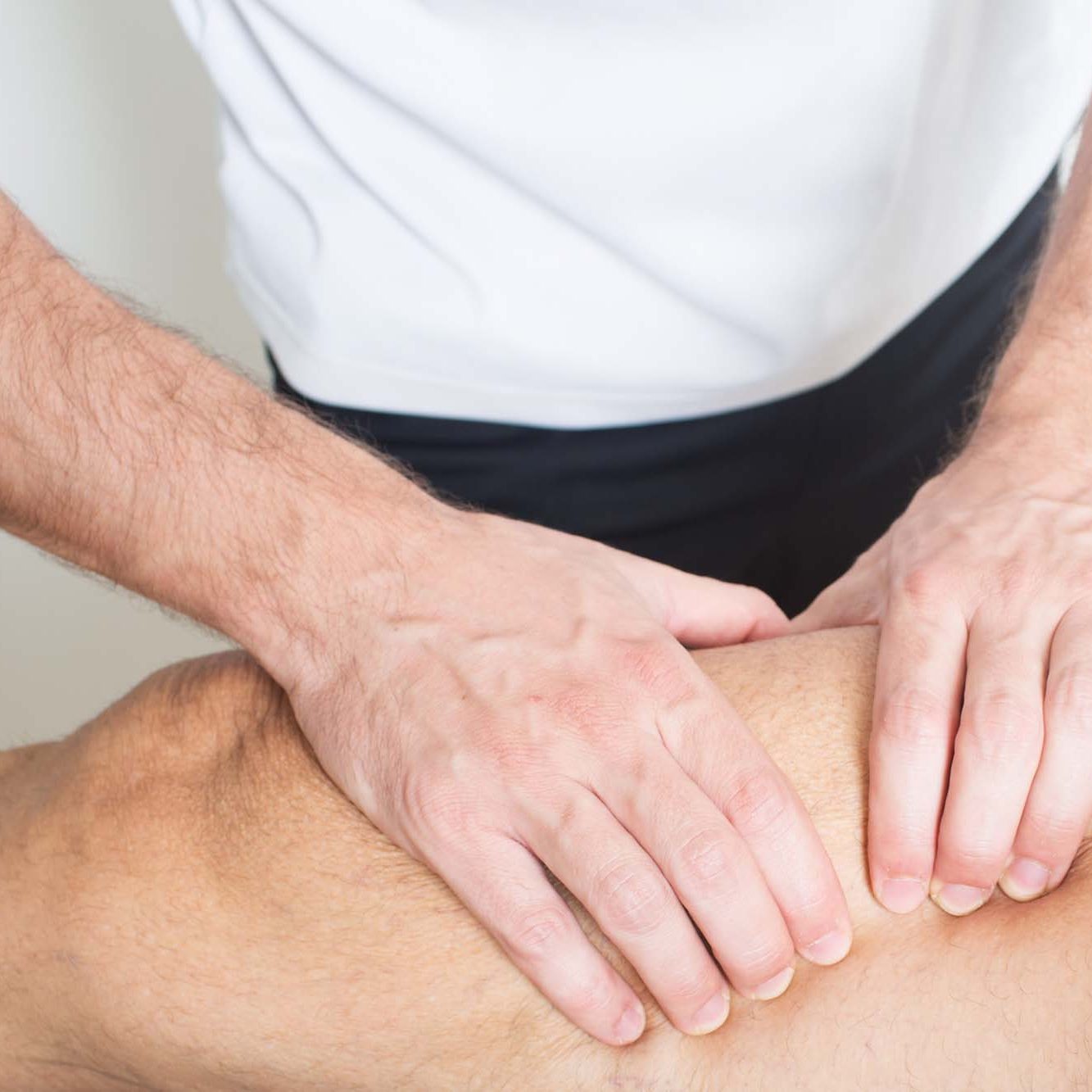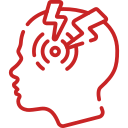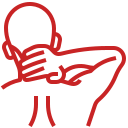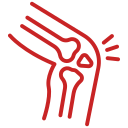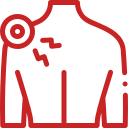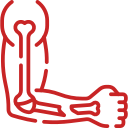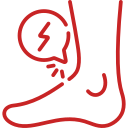What can you expect from our physiotherapists
Our treatment starts with one of our team members noting down details of the history of your condition and any relevant past medical history. An objective or physical assessment will then be undertaken to determine a clinical diagnosis of your problem. You will be requested to undress appropriately and can wear shorts or a sleeveless top as required. A proposed treatment plan will then be discussed to give you an estimate of the frequency of treatment required, methods of treatment and a proposed outcome.
We use a number of different techniques including manual mobilisation and manipulation, massage, exercise programmes, electrotherapy, spinal traction and advice on posture, home exercises and ergonomics. If you are unsure about any particular treatment technique or approach, please feel free to discuss this with your physiotherapist at any time.
Effective, evidence-based physiotherapy
Patients are welcome on a self-referral basis, via their GP, consultant or Occupational Health advisor, or via their own club or academy. We are recognised by all major health insurers including Bupa, Axa ppp, Benenden, Aviva, etc. Please ensure that you have contacted your health insurer for authorisation prior to your first consultation and bring details of your membership and appropriate authorisation codes with you.
We intend to provide and maintain a high-quality service liaising with the referral source following discharge or with recommendations for further investigations. Referral to appropriate consultants can be arranged as well as further investigations such as MRI / CT / ultrasound scans and x-rays. If you have any queries, call our team and resolve them today.
NB; Clients using Private Health Insurance or Occupational Health referrals should contact the clinic by telephone for an initial appointment (rather than paying an online booking fee)
Our physiotherapists can help you with:
Back & neck pain
Disc prolapse, sciatica, 'whiplash', spondylitis and degeneration.
Headaches
Sports injuries
Groin strain, hamstring strains, ligament sprains.
Soft tissue injuries
Achilles tendinopathy, 'tennis elbow', repetitive strain injuries.
Arthritis
Hip / knee pain.
Post-operative rehabilitation
eg. following joint replacement, foot / ankle surgery, cruciate ligament reconstruction, shoulder decompression and tendon repair.
Post-fracture rehabilitation
Following fractured wrist, tibia, etc.
Joint conditions
eg. frozen shoulder, swelling, and stiffness.
Foot / Ankle related pain
Heel pain, plantar fasciitis, shin splints, metatarsalgia.
Children's injuries
Children and adolescents suffer from a unique classification of injuries, namely injuries to growth tissues. For example injuries at cartilaginous tendon insertions (apophyses or traction epiphyses) are common - Osgood Schlatters at the knee, Severs at the ankle.
Growth plate injuries - fractures or slipped upper femoral epiphyses require early diagnosis and specialised rehabilitation.
Other common conditions include anterior knee pain – chondro malacia patella, osteochondritis dessicans, hypermobility.
Musculo- skeletal injury in sporting children/ paediatrics has been an area often neglected in the past.
Our Physios at One 2 One have experience in examining, identifying and managing such injuries. They have worked in the children’s hospital, undertaken post graduate courses in this area and worked closely with sporting children through their clubs, schools and up to international level eg; football, rugby, athletics, dance, skating.
Please note that children under 16 years must attend with a responsible adult.
